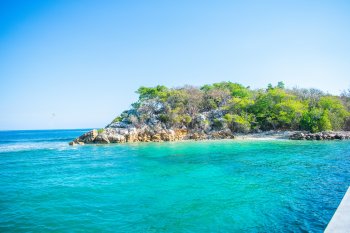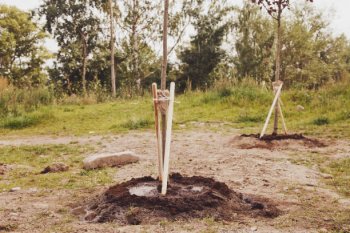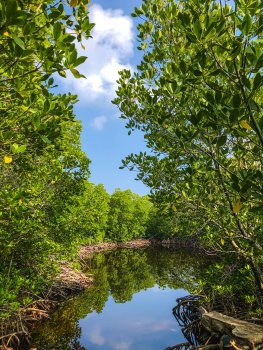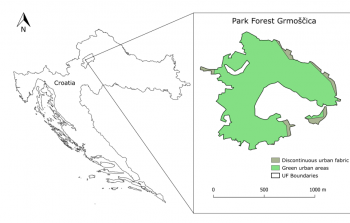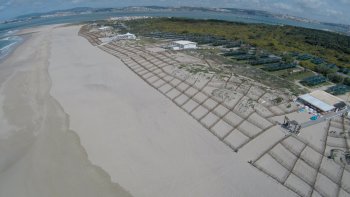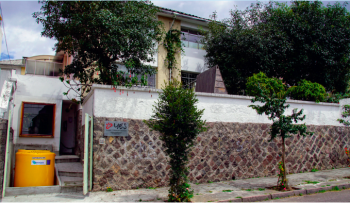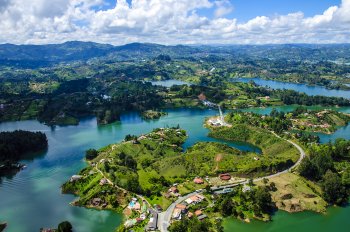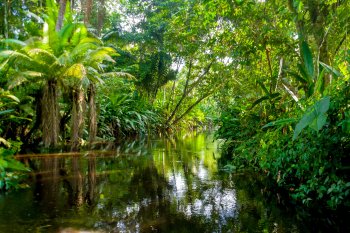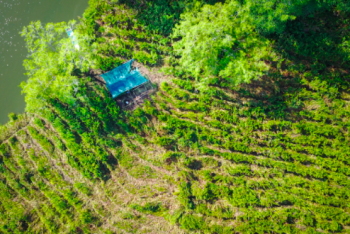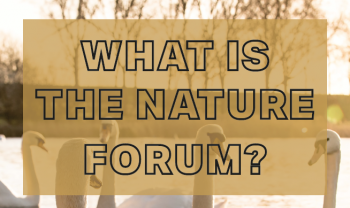One of the consequences of global warming is the sea level rise. In urban settings along coastlines, rising seas threaten not only houses, but also several types of infrastructures such as industries, roads, power plants, freshwater aquifers, etc. Rising sea-level also pushes destructive storm surges further inland, posing very high risks for coastal populations, as storm surges can push water kilometers inland, causing extreme flooding far from the coast.
The Portuguese ReDuna project aims to restore the natural capacity of the Almada sand dune-beach ecosystem to healthily...

